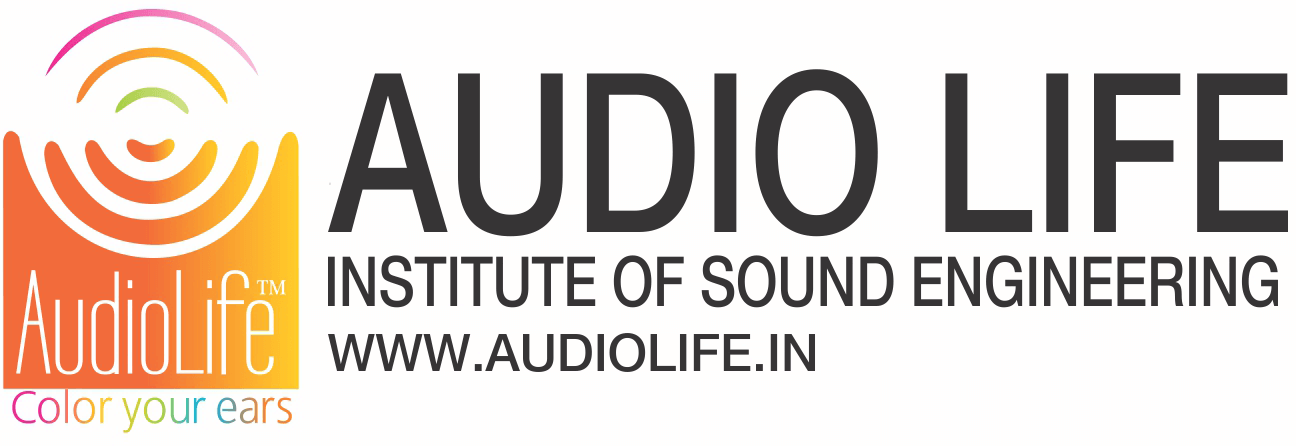Sound engineering offers numerous benefits and pursuing a sound engineering course can be highly rewarding. Firstly, it provides you with a solid foundation in audio technology and production techniques, enabling you to work in various industries such as music, film, television, and live events. With sound engineering skills, you can become an asset in recording studios, radio stations, concert venues, or even start your own audio production business. Additionally, sound engineering courses enhance your technical proficiency in operating sophisticated equipment and software, giving you a competitive edge in the industry. Moreover, the hands-on experience and industry connections gained during the course can open doors to exciting job opportunities and a fulfilling career in the field of sound engineering.
Becoming a sound engineer requires a deep understanding of audio technology, practical experience, and specialized training. If you aspire to enter this field, Audio Life School of Sound Engineering is the ideal place to pursue your passion and gain the necessary skills. Audio Life offers a comprehensive Diploma in Sound Engineering program that covers a wide range of topics. The curriculum includes in-depth modules on sound theory, acoustics, audio recording techniques, digital audio workstations, music production, live sound reinforcement, mixing, mastering, and post-production. By delving into these subjects, students develop a strong foundation and acquire hands-on expertise in all aspects of sound engineering. Becoming a sound engineer in India involves a comprehensive process that encompasses both theoretical knowledge and practical skills. To embark on the journey of becoming a sound engineer, aspirants should consider the following steps and aspects.
- Gain a Strong Foundation: Start by acquiring a solid understanding of sound engineering principles, audio theory, and technical concepts. This includes learning about acoustic principles, sound waves, frequency response, signal flow, microphone techniques, audio processing, and mixing/mastering techniques. Pursuing a Diploma in Sound Engineering at Audio Life School of Sound Engineering provides a structured curriculum that covers these essential topics in-depth.
- Hands-On Training: Practical experience is vital in the field of sound engineering. Audio Life offers extensive hands-on training opportunities in their well-equipped studios and live sound setups. Students learn to operate professional-grade equipment, recording consoles, digital audio workstations (DAWs), and plugins. They gain proficiency in microphone placement, recording techniques, signal processing, mixing, and mastering while pursuing sound engineering courses. Practical sessions allow students to work on various audio projects, such as music production, live events, and post-production for films and TV.
- Specialization and Technical Skills: Aspiring sound engineers can choose to specialize in specific areas such as music production, live sound reinforcement, studio recording, or post-production. Audio Life provides specialized modules to develop technical skills in these domains. Students learn about advanced mixing techniques, sound design, MIDI programming, audio for video, surround sound, and Foley recording. Acquiring these specialized skills adds depth to one’s expertise and increases employment prospects.
- Industry Exposure: Networking and exposure to industry professionals are crucial for career growth. Audio Life organizes guest lectures, workshops, and industry interactions, where renowned sound engineers and experts share their experiences and insights. Attending these events offers valuable networking opportunities and allows students to stay updated with the latest trends and technologies in the field. To further enhance practical learning, Audio Life facilitates internships and industry collaborations. Students get the opportunity to work in renowned recording studios, live sound venues, or post-production houses, gaining practical exposure and networking opportunities. These experiences not only refine their skills but also offer a glimpse into the professional world of sound engineering.
- Learn the use of modern sound producing equipment: One of the key strengths of Audio Life is its state-of-the-art infrastructure and industry-standard facilities. The institute boasts fully equipped recording studios, live sound setups, and advanced equipment, allowing students to practice and experiment with industry-standard gear. This hands-on approach with modern sound producing equipment helps the students understand the intricacies of sound engineering and develop their technical skills.
Audio Life takes pride in its experienced faculty, comprised of industry professionals who bring a wealth of knowledge and real-world insights to the classroom when they teach Audio engineering courses. These instructors guide students through practical exercises, share industry best practices, and provide valuable mentorship. Their expertise and guidance ensure that students receive the highest quality education and stay updated with the latest industry trends.
